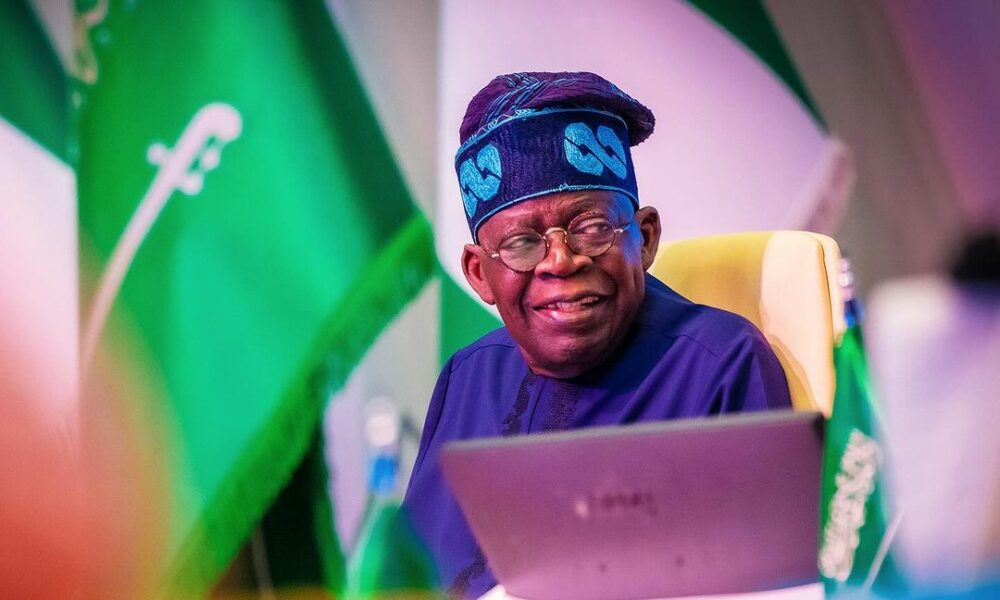The President and the leadership of the Organized Labour reached an agreement last Thursday, setting ₦70,000 as the new minimum wage for Nigerian workers. Information Minister Mohammed Idris confirmed that “the new national minimum wage that Mr. President is expected to submit to the National Assembly is ₦70,000.”
This agreement followed a series of negotiations between labour leaders and the President after months of unsuccessful discussions between labour groups and a tripartite committee on minimum wage. The committee, consisting of representatives from state and federal governments as well as the Organized Private Sector, had proposed ₦62,000, while labour demanded ₦250,000, arguing that ₦30,000 was unsustainable given the inflation and high cost of living exacerbated by the removal of the petrol subsidy.
Despite initially insisting on ₦250,000, Labour accepted the President’s offer of ₦70,000. Nigeria Labour Congress (NLC) President Joe Ajaero explained that Labour agreed to the ₦70,000 offer, rejecting a proposal to set the minimum wage at ₦250,000 in exchange for an increase in petrol prices. He also noted that the acceptance was influenced by the new provision for wage reviews every three years instead of five.
The wage bill’s transmission follows President Tinubu’s announcement in his Democracy Day speech on June 12, 2024, that an executive bill on the new national minimum wage would be sent to the National Assembly for passage.

